Jerome Bobin
Heuristics for Efficient Sparse Blind Source Separation
Dec 17, 2018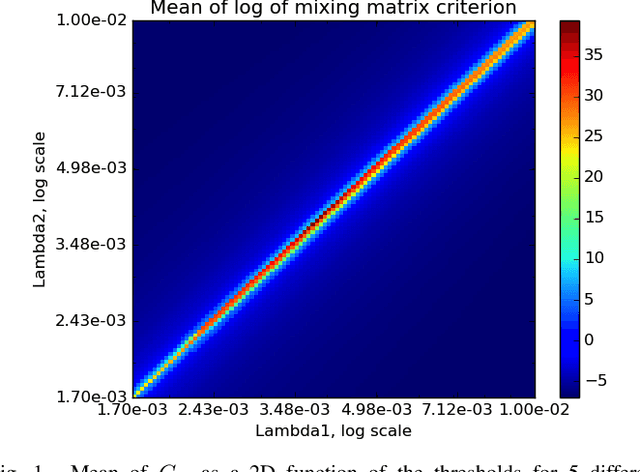
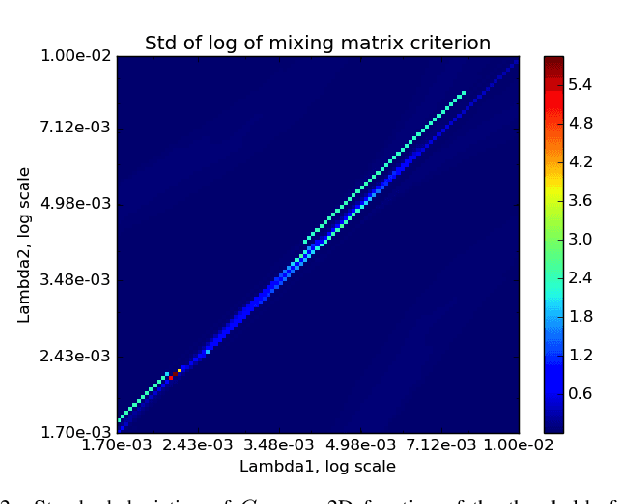
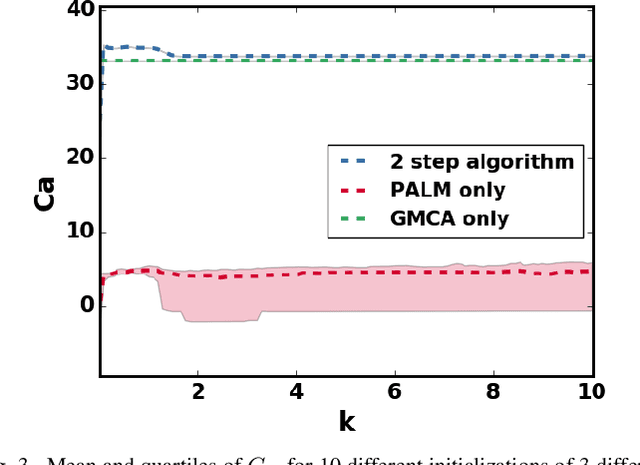
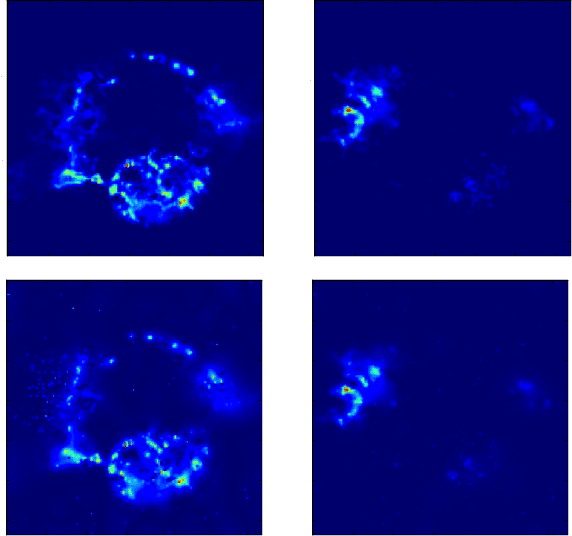
Abstract:Sparse Blind Source Separation (sparse BSS) is a key method to analyze multichannel data in fields ranging from medical imaging to astrophysics. However, since it relies on seeking the solution of a non-convex penalized matrix factorization problem, its performances largely depend on the optimization strategy. In this context, Proximal Alternating Linearized Minimization (PALM) has become a standard algorithm which, despite its theoretical grounding, generally provides poor practical separation results. In this work, we propose a novel strategy that combines a heuristic approach with PALM. We show its relevance on realistic astrophysical data.
Robust Sparse Blind Source Separation
Apr 25, 2016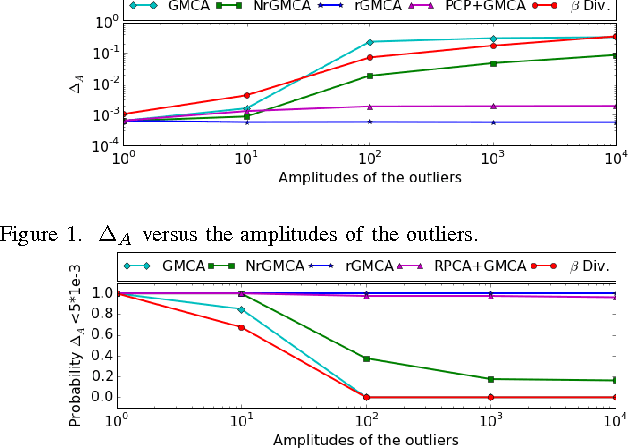
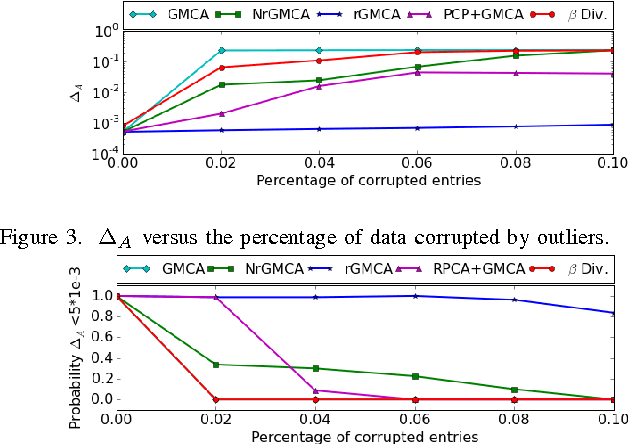
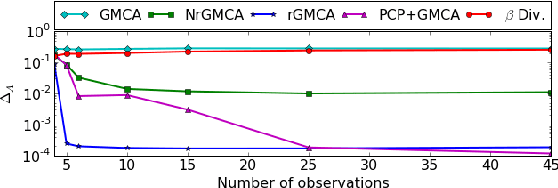
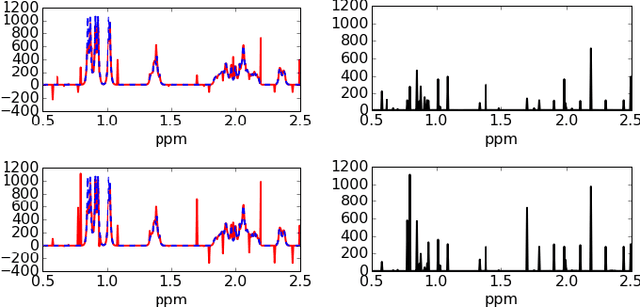
Abstract:Blind Source Separation is a widely used technique to analyze multichannel data. In many real-world applications, its results can be significantly hampered by the presence of unknown outliers. In this paper, a novel algorithm coined rGMCA (robust Generalized Morphological Component Analysis) is introduced to retrieve sparse sources in the presence of outliers. It explicitly estimates the sources, the mixing matrix, and the outliers. It also takes advantage of the estimation of the outliers to further implement a weighting scheme, which provides a highly robust separation procedure. Numerical experiments demonstrate the efficiency of rGMCA to estimate the mixing matrix in comparison with standard BSS techniques.
Sparsity and adaptivity for the blind separation of partially correlated sources
Dec 09, 2014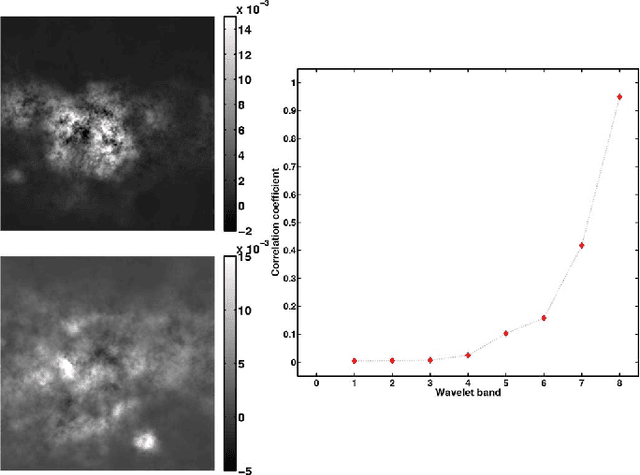
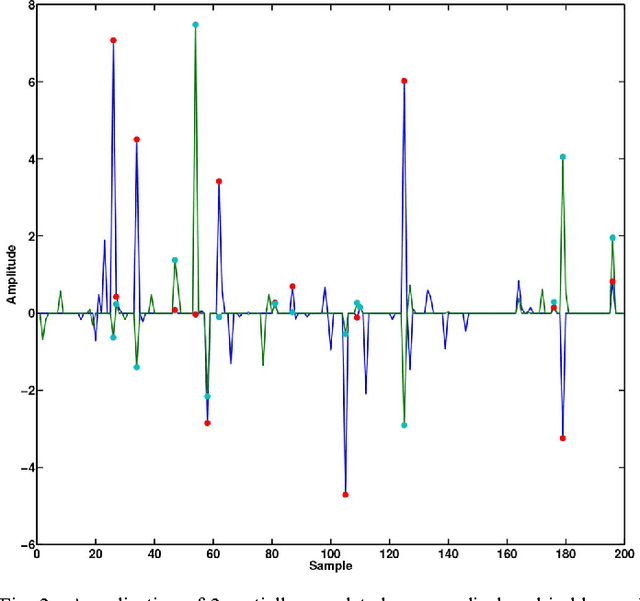
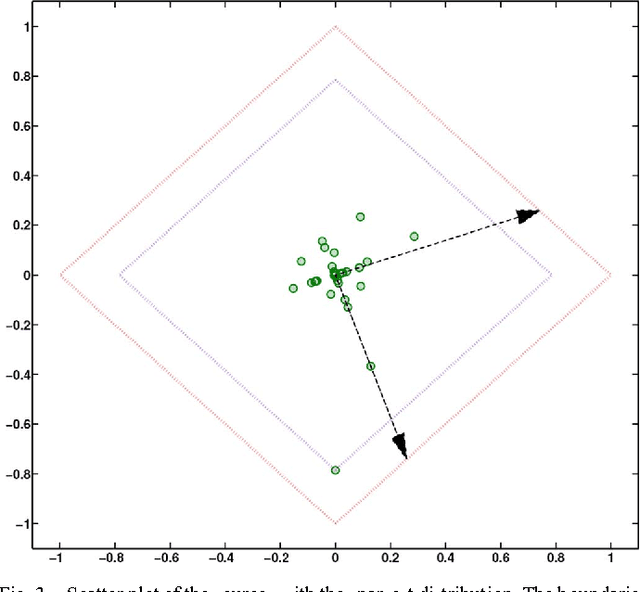
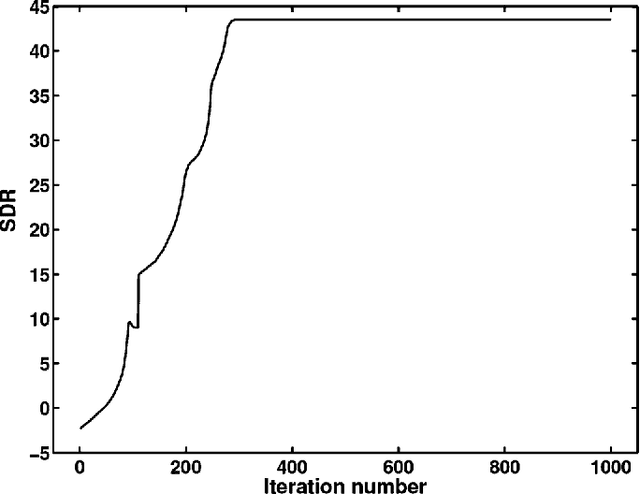
Abstract:Blind source separation (BSS) is a very popular technique to analyze multichannel data. In this context, the data are modeled as the linear combination of sources to be retrieved. For that purpose, standard BSS methods all rely on some discrimination principle, whether it is statistical independence or morphological diversity, to distinguish between the sources. However, dealing with real-world data reveals that such assumptions are rarely valid in practice: the signals of interest are more likely partially correlated, which generally hampers the performances of standard BSS methods. In this article, we introduce a novel sparsity-enforcing BSS method coined Adaptive Morphological Component Analysis (AMCA), which is designed to retrieve sparse and partially correlated sources. More precisely, it makes profit of an adaptive re-weighting scheme to favor/penalize samples based on their level of correlation. Extensive numerical experiments have been carried out which show that the proposed method is robust to the partial correlation of sources while standard BSS techniques fail. The AMCA algorithm is evaluated in the field of astrophysics for the separation of physical components from microwave data.
 Add to Chrome
Add to Chrome Add to Firefox
Add to Firefox Add to Edge
Add to Edge